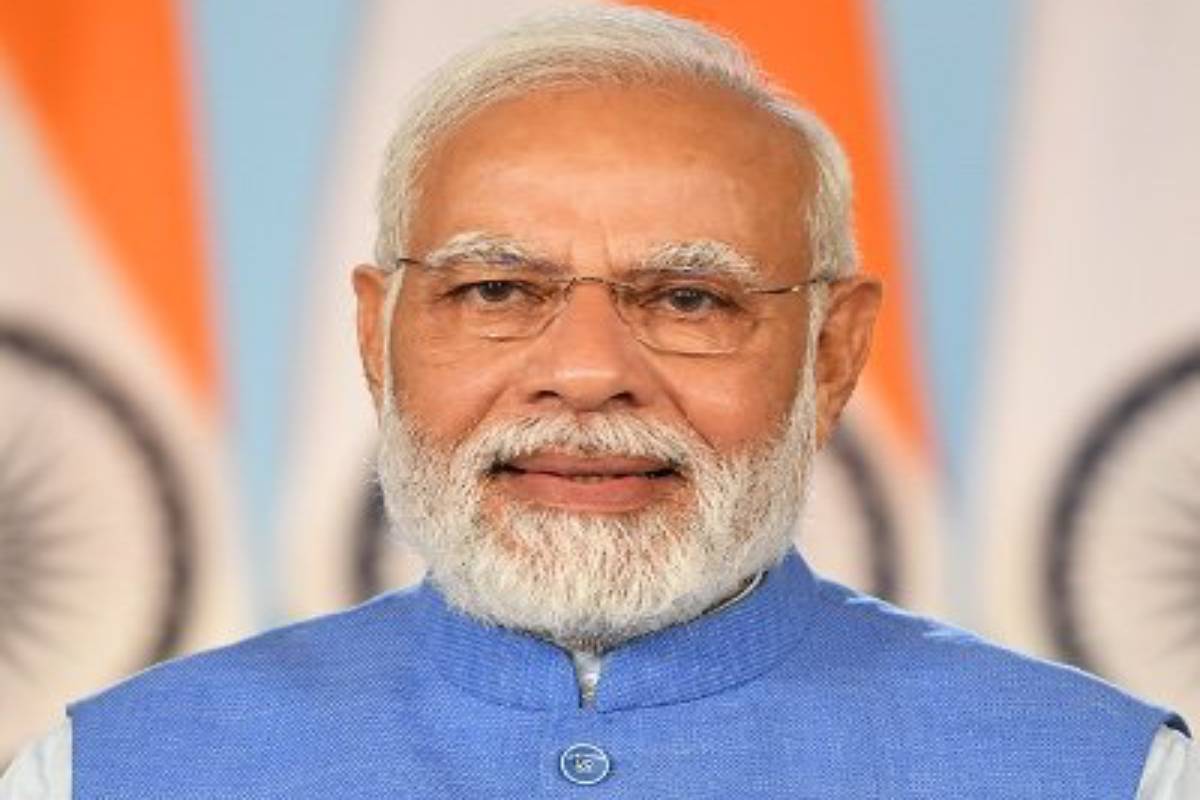Prime Minister Narendra Modi on Tuesday said that RuPay and UPI are low cost and highly secure, and have become India’s identity in the world; it is time Indian financial institutions have maximum partnerships with fintechs to increase their reach.
He was addressing a post-Budget webinar on “Enhancing Efficiency of the Financial Services for Creating Growth Opportunities.” This was the 10th webinar in a series of 12 post-Budget webinars organized by the government to seek ideas and suggestions for effectively implementing initiatives announced in the Union Budget 2023-24.
The prime minister said India today has a robust financial system and a banking system that is in profit after being on the verge of collapse 8-10 years ago. Also, there is a government that is taking policy decisions with courage, clarity and confidence. “Today, the need of the hour is that the benefits of the strength in India’s banking system reach the maximum number of people,” he said.
He said the whole world saw the performance of India’s fiscal and monetary policy during Covid-19. This was the result of the Government’s efforts to strengthen the fundamentals of the Indian economy in the last nine years. There was a time, when the world expressed doubts about India, whether it was economy, Budget, or any targets.
Ever since the country adopted financial discipline, transparency and inclusive approach, there has been a big change. In place of question marks, there is confidence and expectation. India is today called a bright spot of the global economy, he said.
Modi said Indian talent, infrastructure and innovators can take the Indian financial system to the top. In the era of Industry 4.0, platforms developed by India are becoming models for the world, the prime minister said, giving examples of GeM and digital transactions.
In the 75th year of Independence, 75,000 crore transactions were done digitally, which shows how wide the expansion of UPI has become, he said. There is immense scope for innovation. UPI should become a means of financial inclusion and empowerment for the whole world, he said.
“We have to collectively work for it. I suggest that our financial institutions should also have maximum partnership with fintechs to increase their reach,” the prime minister said.
India is presiding over G20 and attracted the highest ever FDI in a year during 2021-22. A major part of this investment was in the manufacturing sector. He said applications are continuously pouring in to avail of the PLI scheme which makes India an important part of the global supply chain. He said everyone should take full advantage of this opportunity.
Giving an example of the Government’s support to the MSME sector, the prime minister asked the banking system to reach out to the maximum number of sectors. As many as 1.20 lakh MSMEs have received huge help from the government during the pandemic. In this year’s Budget, the MSME sector got additional collateral-free guaranteed credit of Rs 2 lakh crore. “Now it is very important that our banks reach out to them and provide them adequate finance,” he said.
Modi said the Government’s policies related to Financial Inclusion have made crores of people part of the formal financial system. The government has helped fulfill dreams of crores of youth by giving Mudra loans of more than Rs 20 lakh crore without a bank guarantee. For the first time, more than 40 lakh street vendors and small shopkeepers received help from banks through PM Swanidhi Yojana.
He called upon stakeholders to re-engineer all processes to reduce cost and increase the speed of credit so that it reaches small entrepreneurs quickly.
The Prime Minister said that the Vocal for Local is not a matter of choice but “vocal for local and a vision of self-reliance is a national responsibility.” He said that “Our exports have been at an all-time high, whether in goods or services. This indicates growing possibilities for India.” He asked Chambers of Industry and commerce to take up the responsibility to promote local artisans and entrepreneurs up to the district level.
He said Vocal for Local is bigger than just buying products from the Indian cottage industry. “We have to see which are the areas where we can save the country’s money by building capacity in India itself.” India is spending a lot on higher education abroad and edible oil imports.
The Government has provided a capital expenditure outlay of Rs 10 lakh crore in the Budget and there is dynamism induced by PM Gatishakti Masterplan. The prime minister emphasized the need to support the private sector that is working for the progress of different geographical areas and economic sectors.
“Today, I would also call upon the private sector of the country to increase their investment just like the government so that the country gets maximum benefit from it,” he added.
Dwelling on the tax-related narratives after the Budget, he said as opposed to the past, the tax burden had really come down significantly in India due to GST, reduction in Income Tax and Corporate tax. This, he said, resulted in better tax collections.
In 2013-14, the gross tax revenue was about Rs 11 lakh crore which can go up to Rs 33 lakh crore in 2023-24, an increase of 200 per cent, he said. The number of individual tax returns filed increased from 3.5 crores to 6.5 crores during years 2013-14 to 2020-21.
“Paying tax is such a duty, which is directly related to nation building. The increase in the tax base is proof that people have faith in the government, and they believe that the tax paid is being spent for public good.” the prime minister said.
Advertisement
